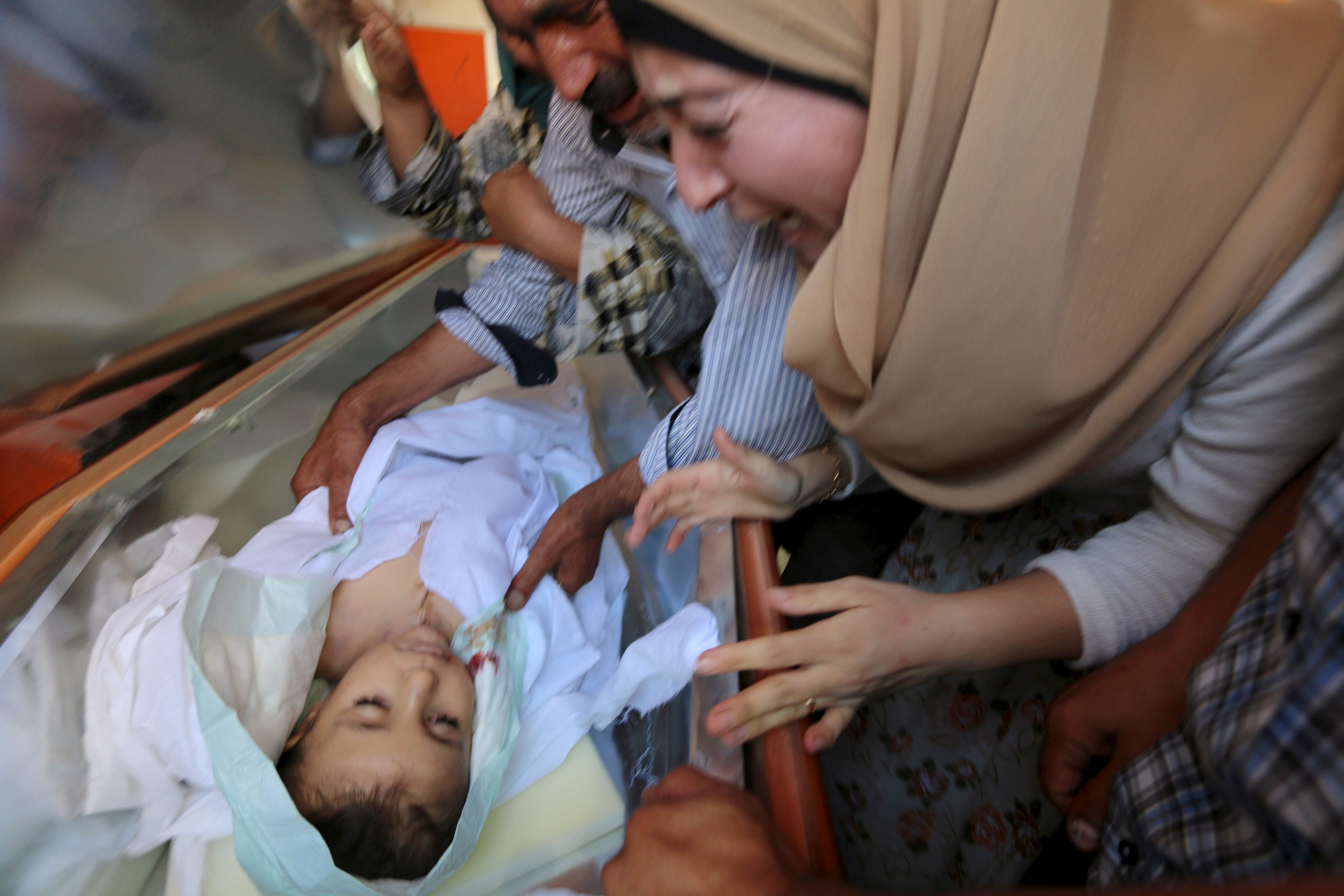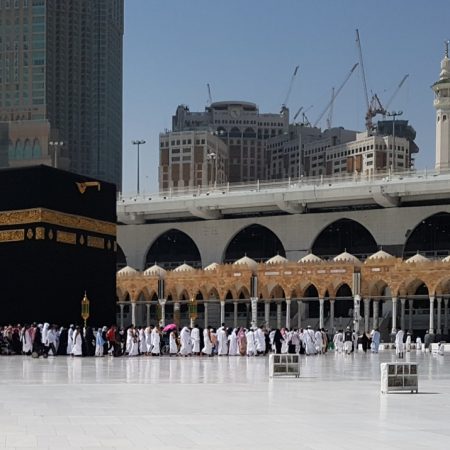Change Has Finally Come to Pakistan
Although the voter chose Sharif’s experience over Imran’s innocence, this election may have changed Pakistan in more ways than we realise
By Aijaz Zaka Syed
 |
Nawaz Sharif, incoming PM of Pakistan. REUTERS/Mohsin Raza |
 |
| Aijaz Zaka Syed |
In the run up to what is being viewed as Pakistan’s truly historic elections, an old Pakistani reader of mine from Saudi Arabia wrote in, twice, to ask: “Not a word on Pakistan’s elections so far! Why?â€
Missives like these, most humbling as they are, make up for all the dull hours spent plowing a lonely furrow. I wrote back to assure that my silence did not mean my disinterest and that like everyone else, I had been watching the most complex and riveting elections in Pakistan’s history with immense interest.
Besides, I confessed, I have a soft corner for Imran Khan and like millions of Pakistanis—and Indians—hope that the cricket legend will finally get a chance to build his ‘Naya Pakistan’ (new Pakistan). My friend was elated with my response. She said she was among those praying for the victory of Imran’s Tehreek-e-Insaf urging me to do the same.
On Saturday night, as Pakistan Muslim League leader Nawaz Sharif claimed victory, I thought of Mrs Bhatti and millions like her who dreamed of a ‘new Pakistan.’ Had their prayers failed to reach heaven? Has Imran and the tsunami that he promised really failed? Have the voters rejected the idea of a fresh start for Pakistan? I wouldn’t think so.
Imran’s party has generated a people’s movement for empowerment with distinct echoes of revolutions that swept the Arab world two years ago. Thanks to the former cricket captain, who commands massive fan following across the cricket-crazy South Asia, Pakistan will never be the same again.
Look at the final electoral tally. Going from zero to emerging as the third largest party in National Assembly and wiping out the Awami National Party in its bastion of Khyber Pakhtunkhwa, the PTI has totally altered the profile and nature of Pakistani politics.
The Tehreek has introduced a welcome third factor in the largely binary, two-party national politics. Imran may not have become the Prime Minister, as he repeatedly vowed but he hasn’t failed either. It’s just that the country was not yet fully ready for the all-out change that he championed. Perhaps, as a Pathan cabbie in Sharjah explained, by taking on the powers that be and talking tough on America’s war in Pakistan’s skies, Imran had rattled the cage a tad too strongly for his own good.
The PTI leader will have to wait a bit longer to lead his team to victory, just as he did in the 1992 Cricket World Cup. But his is not a lost cause. Although power has eluded him, Pakistan has embraced his idea of change and a new dawn of hope. With 29 members in the National Assembly, he will not be playing an insignificant role in the nation’s affairs.
In a country where people under 25 make up for more than 60 per cent of the population, Imran managed to fire up the imagination of an entire nation. The groundswell seen at his rallies across the country had never been witnessed in its eventful democratic history.
It’s unfortunate that it did not translate into a tsunami on the day of reckoning. In the end, Pakistanis apparently decided to go with the reassuring experience of a veteran, rather than the innocence of an untested dreamer. But as someone said, although Imran may have lost this match, he will live to win the series. Inshaallah.
The return of Sharif, forced out of power twice, the last time into a long exile by his own Army chief, may look like the rerun of an old Punjabi film. But in the 14 years Sharif has been out of power, Pakistan has undergone a distinct transformation.
It’s not the same country that he had left behind in 1999 for exile in Saudi Arabia. In the interregnum a whole new generation of Pakistanis has grown up and is thirsting for change. Why, Sharif himself has changed and it goes beyond his coiffure.
He has mellowed. Many say he has learnt from his mistakes—and those of others. During an interview with me some years back at his daughter’s home in Dubai, he had talked of a fresh start for democracy and restoring respect for institutions and civilian-military balance. He was far from bitter or cynical about what life had lately dealt him and came across as a man chastened by experience.
Sharif managed to revive his party despite his long absence during General Pervez Musharraf’s years in power, smoothly settling down in the role of a responsible opposition. In the face of an incompetent Peoples’ Party government, the former premier resisted the temptation to do anything that could undermine it. Remaining committed to the Charter of Democracy he inked with the late Benazir Bhutto in London, the former PM has pushed for giving democracy a chance to take root and mature in Pakistan.
For someone who repeatedly clashed with the judiciary in his previous avatars, Sharif has also played a significant role in the restoration of judges while the PPP dragged its feet. So one hopes that the born-again Sharif will prove himself wiser in his third innings as the leader of one of the leading Muslim nations in a volatile neighbourhood.
Divided from within and externally under siege, Pakistan finds itself at a critical point in its history and battles overwhelming challenges on multiple fronts. It looks for a leadership that can heal the bruised and besieged nation and guide it towards a new dawn and a brave new world. Sharif’s reaching out to Imran thus is a positive sign for the young democracy.
Doubtless, this was a vote for change and Sharif knows it. In his statements during and after the poll campaign, the incoming leader has demonstrated maturity on the challenges facing the nation and on issues like the prickly relations with the US and India.
He has pledged to pick up from where he left off in 1999 after Vajpayee’s groundbreaking bus trip to Lahore. Indeed, as far as improving relations with India is concerned, Sharif and Imran are on the same page.
No wonder Sharif’s return has been warmly welcomed in India although some chose to recall Kargil and nuclear explosions. In his interviews with Indian journalists, Sharif has vowed to visit India soon–invited or not, prompting an invitation from Prime Minister Manmohan Singh.
Despite their eventful history and tricky nature of the relationship, this augurs well for multitudes on either side of the divide and for people like us in between, who have loved ones on both sides and yearn for healthier relations between the two countries.
After all, as Sharif emphasised at a campaign stop, the South Asian twins have so much in common—from culture, language, movies, music and art to food, faith and sports. It’s not just Pakistan that needs change; the ailing India-Pakistan relationship also needs to be revived with a dose of fresh, life-giving blood.
*Aijaz Zaka Syed is a Gulf based commentator. Email: aijaz.syed@hotmail.com
15-22













2013
1,083 views
views
0
comments